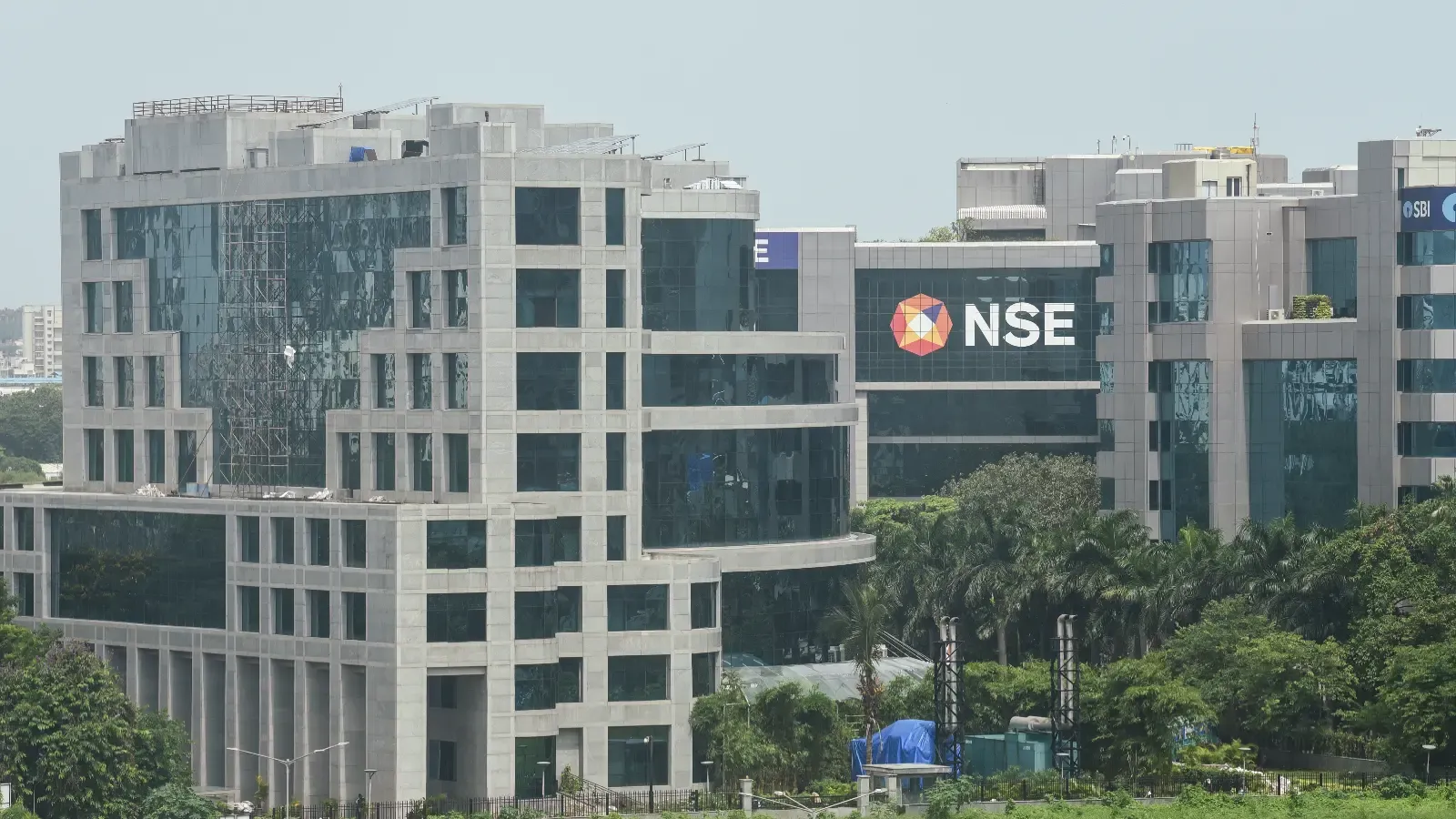Market News
ONGC, Oil India rally 3%; IOCL, BPCL slump as crude oil prices jump 10% amid Middle East tensions
.png)
3 min read | Updated on June 13, 2025, 09:34 IST
SUMMARY
Oil prices jump: Last seen, the WTI Crude Oil July futures were trading 11.68% higher at $75.99 per barrel, while Brent Crude Aug 2025 futures were trading 11.32% higher at $77.21 per barrel, Bloomberg data showed.

Oil prices jumped after Israel launched a large‑scale pre‑emptive airstrike on Iran early Friday, hitting “dozens” of military and nuclear targets. | Image: Shutterstock
Last seen, the WTI Crude Oil July futures were trading 11.68% higher at $75.99 per barrel, while Brent Crude Aug 2025 futures were trading 11.32% higher at $77.21 per barrel, Bloomberg data showed.
In the early trade, ONGC shares were trading at ₹251.02, up 1.27%, while Oil India was trading around 2.5% higher at ₹479.75 on the NSE.
On the other hand, Indian Oil Corporation (IOCL) shares were down 2.74% at ₹139.07 apiece on the NSE, while Bharat Petroleum Corporation (BPCL) was trading 3.80% lower at ₹306.55 on the NSE. Hindustan Petroleum Corp (HPCL) was trading at ₹380.25, down 3.13%.
Among paint stocks, Asian Paints were trading at ₹2,184.20, down 1.59%, and Kansai Nerolac Paints was down 2.40% at ₹243.85.
Among airline stocks, Interglobe Aviation shares were trading at ₹5,256, down 4.03%.
Oil prices jumped after Israel launched a large‑scale pre‑emptive airstrike on Iran early Friday, hitting “dozens” of military and nuclear targets, media reports showed.
"The Israeli attack on Iran has heightened the risk premium further," Reuters reported, quoting MST Marquee senior energy analyst Saul Kavonic as saying.
"The conflict would need to escalate to the point of Iranian retaliation on oil infrastructure in the region before oil supply is actually materially impacted," he said, adding that Iran could hinder up to 20 million barrels per day of oil supply via attacks on infrastructure or limiting passage through the Strait of Hormuz in an extreme scenario.
Israel hit Iran’s main enrichment site at Natanz, its leading nuclear scientists, and struck the heart of its ballistic missile program, Netanyahu said.
“This operation will continue for as many days as it takes to remove this threat,” Netanyahu said.
US Secretary of State Marco Rubio made clear that Israel had taken “unilateral action against Iran” without US support. Rubio warned Iran against targeting US interests, the CNBC report said.
Oil could hit $130, warns JP Morgan
In a note published Thursday, JP Morgan said it sees oil averaging $60 in 2026 but flagged $120–$130 per barrel as a potential range in the event of worst-case outcomes—namely, military conflict and a closure of the Strait of Hormuz, through which one-fifth of global oil flows.
JP Morgan notes that while escalations in conflict could lead to meaningful supply disruption—particularly if Iran’s 2.1 million bpd of exports are cut off.
The Strait of Hormuz is one of the world’s most critical chokepoints for oil transport. About 20% of global oil consumption passes through it daily — mainly from Saudi Arabia, the UAE, Iraq, Kuwait, and Qatar.
Iran has historically threatened to block or disrupt the Strait of Hormuz.
Related News
About The Author
Next Story



